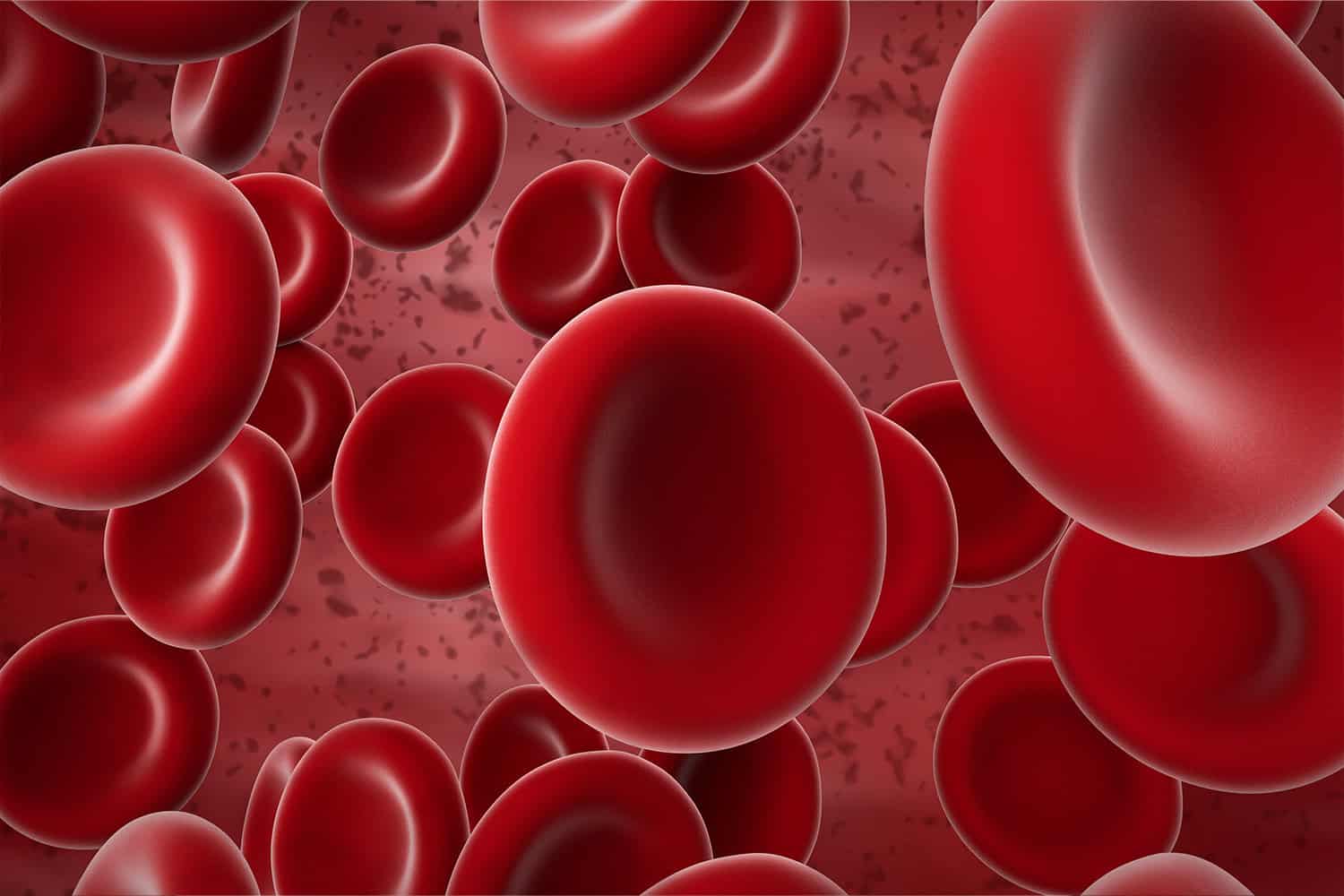15 November 2024
•3 minute read
Important Facts That You Should Know About Anemia & Chronic Kidney Disease
Chronic kidney disease, also called chronic kidney failure and chronic renal disease, is a condition that sees a gradual loss of kidney function over time.
People with this condition, often abbreviated as CKD, can go for dialysis to remove wastes and extra fluids—a task that their failing kidney could no longer perform at optimal level—or a kidney transplant to replace the affected kidney.
However, there is also a common complication that people with CKD should watch out for: anaemia.
How are chronic kidney disease & anaemia linked?
“There are a few possible mechanisms that can cause someone with chronic kidney disease to develop anaemia,” says Dr. T Kalaiselvam Thevandran.
Reduced production of a hormone called erythropoietin
Erythropoietin or EPO is a hormone produced by the kidneys.
When there are low levels of oxygen in the body, the kidneys increased the production of EPO. This stimulates increased production of red blood cells in the bone marrow. With more red blood cells to transport oxygen in the body, the low levels of oxygen can be corrected.
“Someone with CKD may have kidney damage to an extent that their ability to produce EPO is compromised,” explains Dr. Kalaiselvam. “As a result, the production of red blood cells decreases, leading to anaemia.”

Accumulation of uremic toxins
Uremic toxins are toxic substances that accumulate when the kidneys can’t filter these toxins effectively from the blood.
Such toxins can inhibit the production as well as function of red blood cells.
Iron deficiency
Someone with CKD may experience iron deficiency due to reduced absorption of iron from the gastrointestinal tract, blood loss from frequent blood tests and/or bleeding in the gastrointestinal tract, and more.
Lack of iron will reduce the number of red blood cells produced in the bone marrow.
Shortened lifespan of red blood cells
“In someone with CKD, there is an increased breakdown of red blood cells,” Dr. Kalaiselvam points out.
The shortened lifespan of red blood cells reduces their overall numbers in the bloodstream, thus contributing to anaemia.
How likely is someone with CKD to develop anaemia?
Dr. Kalaiselvam reveals that the prevalence of anaemia among people with early stages of CKD is relatively low.
“However, as the person’s kidney function declines, the risk of developing anaemia increases significantly,” he adds, pointing out that the prevalence among people with advanced stages of CKD (stages 4 and 5) can be over 60%.
One’s risk of developing CKD also depends on the underlying cause of the CKD. Diabetic nephropathy—damage to kidney function due to diabetes—is more strongly associated with the development of anaemia, for example.
People with CKD that have poor nutritional intake also face an increased risk of developing anaemia.

Common complications of anaemia |
|---|
– Persistent fatigue and weakness |
– Shortness of breath and difficulties in performing physical activities |
– Heart problems with increased risk of stroke and heart attacks |
– Cognitive impairment |
– Weakened immune system |
– Poor wound healing |
If you have CKD, do these to reduce your risk of anaemia
- Have regular medical check-ups with your healthcare provider to monitor your kidney function and overall health.
- Work with your healthcare provider to manage and control your blood pressure through lifestyle changes, such as a healthy diet, regular exercise, and medications, if necessary.
- Maintain a balanced and nutritious diet to support red blood cell production. You can consult a registered dietitian that specializes in kidney disease to develop a personalized meal plan that meets your nutritional needs.

If you develop renal anaemia, it can be treated
“Renal anaemia, which occurs as a result of chronic kidney disease (CKD), is typically treated through a combination of measures aimed at addressing the underlying causes and optimizing red blood cell production,” Dr. Kalaiselvam reveals.
These measures typically include:
- Erythropoiesis-stimulating agents or ESAs, which are synthetic forms of EPO that will stimulate production of red blood cells. These are usually administered via injection.
- Iron supplements are beneficial especially for those that experience iron deficiency.
- Nutritional support from a dietitian that specializes in assisting people with kidney diseases.
- Blood transfusions can help to quickly increase the red blood cell count and improve symptoms in people with severe renal anaemia. However, transfusions are generally reserved for situations where immediate correction of red blood cell count is required or when other treatment options are not suitable.

Can renal anemia be completely cured?
“Anaemia caused by CKD cannot be completely cured in most cases,” Dr. Kalaiselvam says.
However, he assures that one’s symptoms and complications can be significantly improved with appropriate treatment and management.
“I’d recommend consulting with a healthcare professional that specializes in kidney disease to develop an individualized treatment plan and receive appropriate guidance and support,” Dr. Kalaiselvam adds.
Share:
Was this article helpful?
15 November 2024
•3 minute read
Important Facts That You Should Know About Anemia & Chronic Kidney Disease
Articles and Video
Learn more about Internal Medicine, Nephrology in Columbia Asia
Learn MoreShare:
Was this article helpful?
Health Packages
Elevate your health with tailored health packages at Columbia Asia Hospital. Take charge of your health journey today.
Pink October 2024
From
RM80

